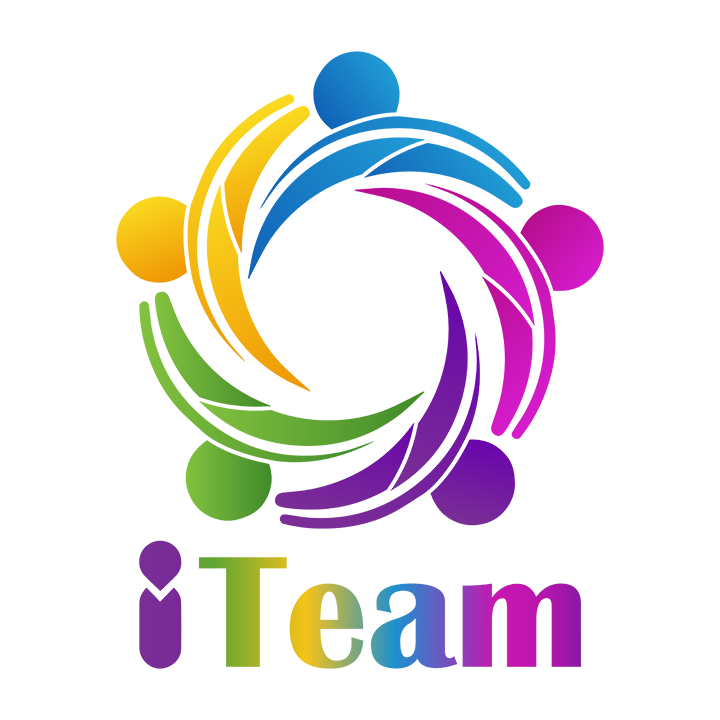Can AI Become Your Therapist?

Iqbal Y. Shaikh
CEO Innovador Solutions
What can AI do?
AI as a Diagnostic Assistant:
AI-powered tools can pre-screen the patients and suggest the areas of focus for the therapist and flagging potential issues. This allows therapists to dig deeper into the complexities of a client's situation.
Data Analysis and Insights:
By automation of diagnostic process, the advantages that we could have been; the large dataset for the analytical algorithms to analyse including speech patterns, written text, and even social media activity, to identify subtle signs of mental health issues. AI can analyse vast datasets of past cases, identifying patterns and subtle signs that might escape the human eye. This can lead to earlier detection and intervention.
Standardization of assessment:
AI can ensure standardized assessments for therapists and practitioners, reducing inconsistencies in diagnoses. And this leads to building up of standard diagnostic patterns.
Reduced Bias:
Machines are never biased; however, the human being is biased by nature. This human bias can creep into diagnoses. While AI is not immune to bias in its training data; hence it can offer a more objective assessment based on patterns.
Chatbots - Accessibility and Scalability for Mental Health Support:
AI-powered Chatbots or online screening tools can provide initial screenings and assessments, offer basic support, and even guide users towards professional help. This may also support in remote areas for individuals hesitant to visit therapist or get traditional therapy.
Mood and Emotion Detection:
Traditional diagnosis often relies on face-to-face interviews and standardized tests. AI offers exciting possibilities by analysing facial expressions, vocal tones, and word choice to gauge a person's emotional state.
Data-driven Treatment Planning:
AI analyses a client's data and past treatment records to suggest the most effective therapy approaches. Therapists can then personalize these recommendations based on their expertise and the client's unique needs.
Streamlining Administrative Tasks:
Besides pre-screening; AI-powered diagnostic tools can help Freeing up therapists' time for patient interaction. The tools can handle administrative tasks like scheduling appointments and generating reports.
The Human Touch Remains Vital:
AI cannot replicate the therapeutic alliance, the bond between therapist and client, which is essential for successful treatment. Therapists provide empathy, understanding, and the ability to adapt to individual needs in a way AI currently cannot.
Ethical Concerns:
AI algorithms are only as good as the data they're trained on. Bias in training data can lead to inaccurate diagnoses, particularly for marginalized groups.
The future of AI in psychology
Author









